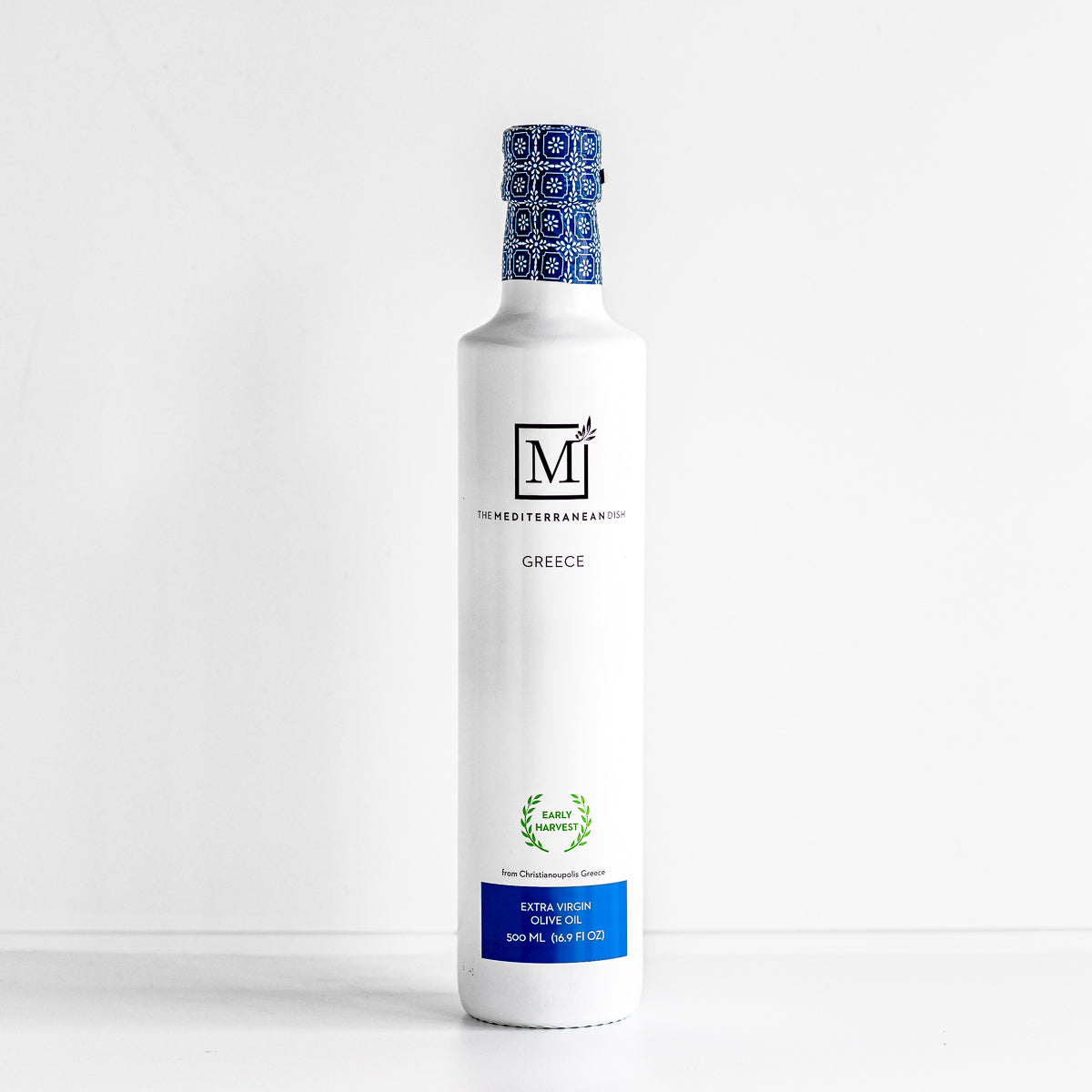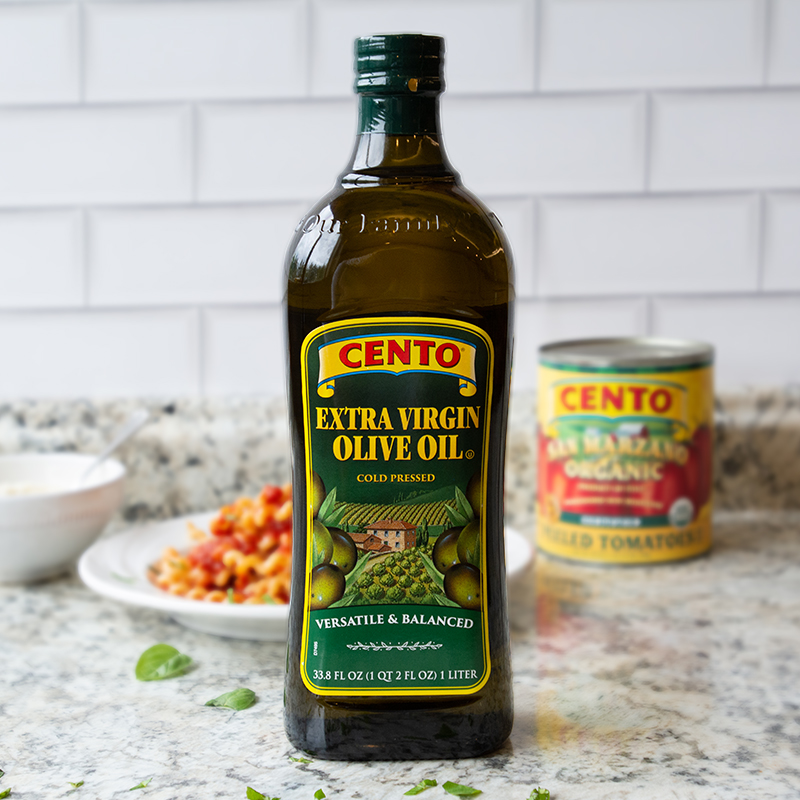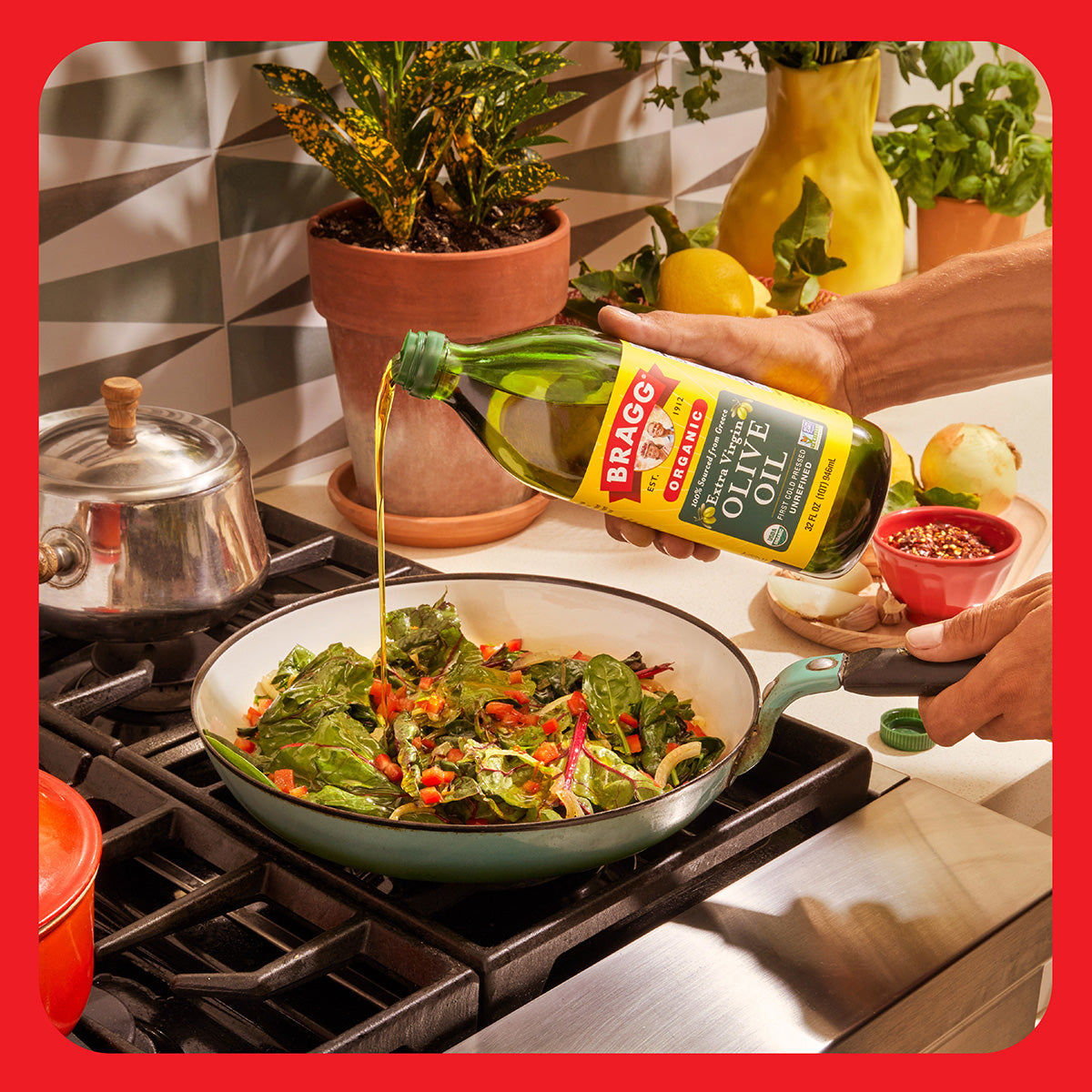Extra Virgin Olive Oil Benefits: How It Supports Healthy Cholesterol Levels
Extra Virgin Olive Oil Benefits: How It Supports Healthy Cholesterol Levels
Blog Article
Checking Out the Various Sorts Of Olive Oil and Their Uses, Including Extra Virgin Olive Oil
The exploration of olive oil includes a varied range of kinds, each offering cooking applications and distinct flavors. Bonus virgin olive oil, renowned for its exceptional top quality and wellness benefits, offers as a staple in several kitchens, yet it is only one facet of this multifaceted component.
What Is Olive Oil?
Derived from the fruit of the olive tree, olive oil is a staple in Mediterranean food and a vital component in numerous culinary applications. This flexible oil is generated by pushing whole olives, causing a fluid that differs in flavor, shade, and scent depending upon the kind of olives used, the area of farming, and the extraction process. Olive oil is primarily composed of monounsaturated fats, especially oleic acid, which is known for its prospective health benefits, consisting of anti-inflammatory buildings and cardio assistance.
Along with its cooking usages, olive oil has a lengthy history of application in typical medicine and skin care, owing to its rich antioxidant material (extra virgin olive oil benefits). The oil is often used in dressings, sauces, and for cooking methods such as sautéing and roasting. Its distinctive taste account can boost the taste of numerous meals, making it a crucial component for both home chefs and specialist chefs
Moreover, olive oil is celebrated for its function in the Mediterranean diet, which is related to countless health benefits. As understanding of these advantages grows, olive oil remains to acquire appeal worldwide as a basic element of a healthy way of living.
Sorts Of Olive Oil
Comprehending the various kinds of olive oil is crucial for both cooking enthusiasts and health-conscious customers. Olive oil is categorized largely based on its removal method and top quality, which considerably influences its taste, aroma, and wellness advantages.

Light olive oil, despite its name, refers to a lighter taste and not reduced calories. It is excellent for those looking for a more refined preference in marinades and dressings. Additionally, there are flavorful olive oils instilled with natural herbs, spices, or citrus, which can improve meals without the demand for additional spices.
Each kind of olive oil serves particular cooking functions, and understanding these differences permits customers to make enlightened choices that line up with their food preparation styles and wellness objectives.
Additional Virgin Olive Oil
Additional virgin olive oil (EVOO) is widely concerned as the highest high quality olive oil offered, celebrated for its abundant taste and many health advantages. To be classified as extra virgin, the oil has to be created from fresh olives utilizing mechanical processes, without making use of solvents or excessive warmth. This thorough method protects the oil's natural tastes, anti-oxidants, and healthy fats, resulting in a product with a reduced acidity level of much less than 0.8%.
EVOO is abundant in monounsaturated fats, specifically oleic acid, which is linked to decreased inflammation and boosted heart health. It additionally consists of polyphenols, powerful anti-oxidants that may use protective results against chronic diseases. The taste profile of EVOO can differ significantly depending upon the olive variety and region of production, varying from verdant and fruity to robust and sharp.

Culinary Use Olive Oil

In food preparation, olive oil can be used for sautéing, toasting, and cooking, offering a healthier alternative to butter or various other fats. Its high smoke point makes it suitable for numerous cooking techniques, while its anti-oxidants add to a heart-healthy diet. Drizzling olive oil over finished dishes, such as pasta, fish, or grilled vegetables, can raise flavors and include a touch of beauty.
In addition, olive oil plays a significant role in baking, where it can replace conventional fats in dishes for bread and pastries, imparting moisture and a subtle preference. It additionally works as a base for instilled oils, permitting cooks to try out tastes such as garlic, natural herbs, or chili, better expanding its culinary possibility. In general, olive oil's flexibility makes it important in both home and expert kitchens.
Choosing Top Quality Olive Oil
When picking top quality olive oil, it's essential to think about numerous key variables that affect the product's flavor, health, and fragrance benefits. Opt for additional virgin olive oil Check This Out (EVOO), which is acquired from the first cool pressing of olives and consists of the highest possible levels of antioxidants and advantageous substances. Seek oils that are licensed by acknowledged organizations, as this typically makes certain adherence to rigid high quality requirements.
The packaging also plays a considerable function in preserving the oil's integrity. Pick oils kept in dark glass containers or tins to secure versus light destruction. Focus on the harvest date; fresher oils supply exceptional taste and dietary value, so choose products that are within 18 months of their harvest.
Be aware of the taste; an excellent high quality olive oil ought to have a balance of fruity, bitter, and peppery notes, showing its richness and complexity. By evaluating these elements, you can guarantee you are selecting the This Site ideal olive oil for your cooking requirements.
Verdict
In summary, the expedition of numerous kinds of olive oil exposes distinctive attributes and applications, with additional virgin olive oil representing the pinnacle of high quality due to its low level of acidity and high antioxidant material. Understanding the different varieties of olive oil permits for notified options in cooking approaches, promoting healthier methods while enriching the total gastronomic experience.
Acquired from the fruit of the olive tree, olive oil is a staple in Mediterranean cuisine and a key active ingredient in different culinary applications.The most usual types of olive oil include refined olive oil, pure olive oil, and light olive oil.Extra virgin olive oil (EVOO) is commonly pertained to as the greatest high quality olive oil readily available, renowned for its rich taste and countless health advantages. Opt for additional virgin olive oil (EVOO), which is obtained from the very first cool pushing of olives and includes the highest degrees of anti-oxidants and useful compounds.In recap, the expedition of various kinds of olive oil reveals unique features and applications, with extra virgin olive oil representing the pinnacle of quality due to its low acidity and high antioxidant material.
Report this page